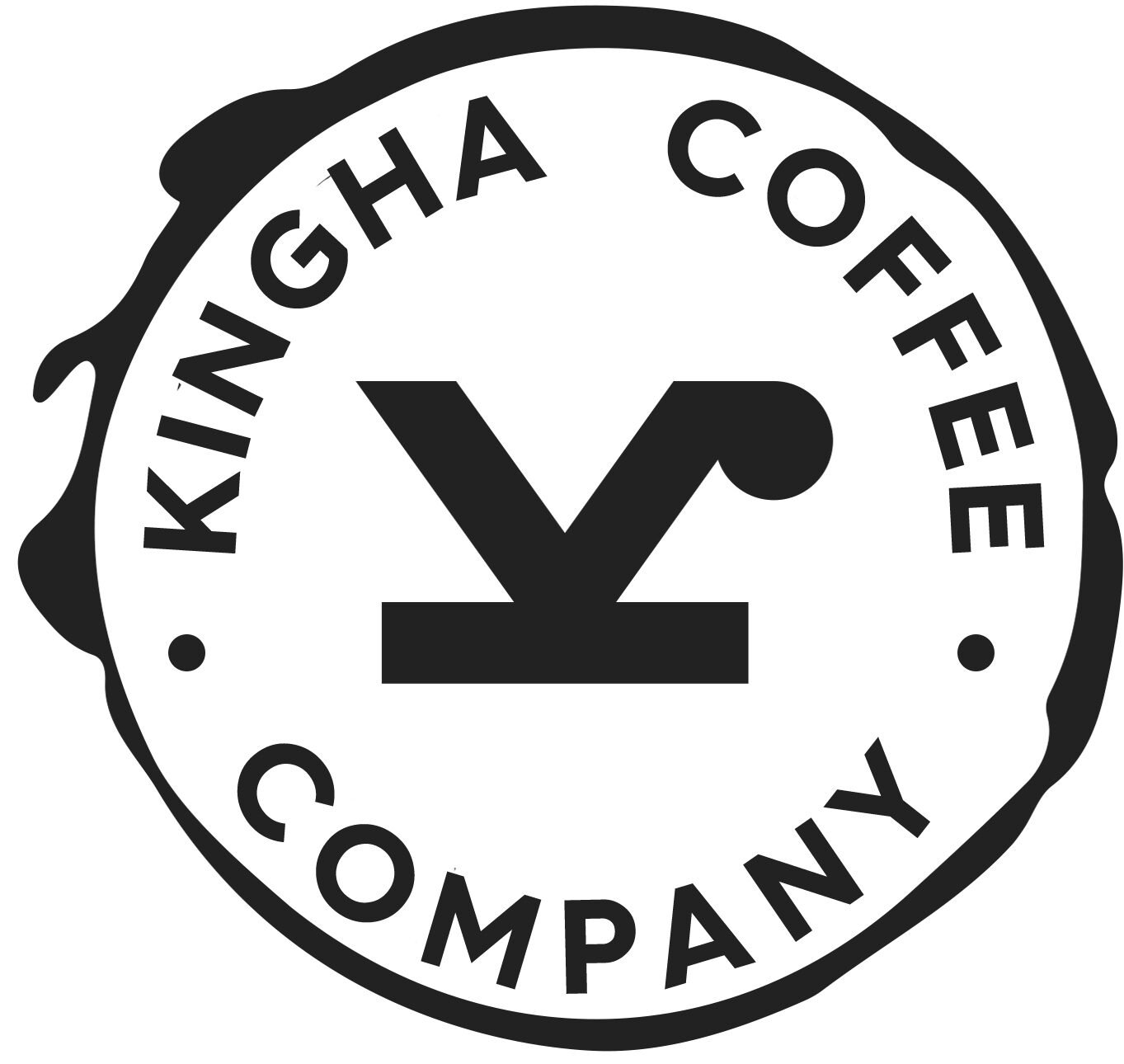Ethical coffee is the holy grail as far as the future of the coffee industry is concerned. It is produced by growers that care a great deal about their crops and processed by people who want to ensure that the bean-to-cup process is as pure and as fair as possible.
But what exactly is meant by ethical coffee? Is it a crop with a particular label? And what are the benefits of drinking ethical coffee to you and the people who produce the coffee itself?
In this article, we explain why ethical coffee matters and introduce you to some of the things that Kingha does in order to ensure that the coffee that we produce is ethical in every sense of the word.
What is ethical coffee?

Ethical coffee can mean different things to different people. Some people look for a label – “fair trade” or “direct trade” – while others want to know what is actually involved in the coffee growing process.
For us, it is much more than just a label. It’s about the impact that our coffee has on the lives of the people who grow it, as well as those who enjoy it as a finished brew.
We work with over 500 small-hold farmers in southwestern Uganda to bring specialty-grade coffees to the market. We build sustainability and ethics into everything that we do in Uganda, and it’s central to the Kingha story.
We invest in the relationships that we create with small-hold farmers to help them improve their crops and the way that they farm their land. We do this through specialist training and dedicated education programs, which also educate growers about the importance of financial independence and sustainability.
The human connection between growers and the rest of the people in the coffee supply chain is often lost, but for us, it’s the very essence of ethical coffee. Partnering with and empowering growers to deliver an outstanding product is fundamental to the coffee journey, and it’s something that we place a huge significance on.
The bottom line? Ethical coffee is about treating everyone in the supply chain with respect while paying a fair price for the crop that they produce. So, why should you choose this type of coffee over the big brands that you see advertised practically everywhere you look?
The benefits of drinking responsibly-sourced coffee
In short, there are lots of reasons to choose responsibly-sourced coffee as your go-to morning brew, including the following:
Quality

Traceable, ethical coffee that has been sustainably produced by small-holder farmers is of a much higher quality than mass-produced coffee that is then blended and roasted with little care and attention.
When you buy ethical coffee from sustainable sources, you can enjoy a wonderful array of flavours at the breakfast table, depending on the beans that you buy.
While cheap, mass-produced coffee certainly provides you with a caffeine hit first thing in the morning, its quality is lacking, and its taste is unvaried. Switching to ethically sourced, single-estate beans can transform your home-brewing experience and introduce you to a plethora of delightful coffee flavours to enjoy.
Conscience
In today’s modern world, we are all responsible for making informed choices about the goods and services that we buy in all industries. Historically, the coffee industry has been rife with malpractice, and even recently, several big chains have been caught up in a child-labour scandal that has drawn international condemnation.
Choosing to buy and drink ethically sourced coffee means that you can sip your morning brew with a crystal clear conscience, as ethical producers and roasters put a great deal of time and effort into their supply chains, ensuring that every partner in the coffee growing process is treated fairly and with respect.
Due to the huge operations of many of the big coffee brands, it’s nigh on impossible for them to keep track of everything that occurs during the process from bean to cup, and it’s extremely difficult for them to trace a great deal of coffee that they sell.
As such, buying ethical coffee means that you don’t need to worry that the beans have reached your table due to malpractice or the mistreatment of impoverished growers, and you can appreciate the effort that has gone into the production process.
Sustainability
Many coffee drinkers all around the world are concerned with the sustainability of their beverages, given the pressing climate challenges that we’re collectively facing.
However, just because coffee is ethical, it doesn’t mean it’s sustainable – and the adverse is also true. But in many instances, ethical coffee companies go the extra mile to ensure that their coffee is also sustainably sourced, which is what we do at Kingha.
Sustainability is one of our founding principles, and we are committed to making a positive and lasting social impact. Each week, we invite local school students to come to our estate to study best-practice farming, cash crop finances, coffee garden setup skills, and various other agricultural skills.
We believe that this investment in the younger generation will contribute to the continuation of ethical coffee growing in southwestern Uganda and improve practices within the communities in which we work.
Our agronomists also use unique, organic processes to harvest all of our coffee, ensuring that our environmental impact is minimal at the farm itself.
The verdict: Why ethical coffee matters
Ethical coffee matters because it is produced with the well-being of the growers in mind. Ethical and responsible coffee companies care just as much about the producers as the consumers, and it’s evident in the quality of coffee produced for retail.
At Kingha, we’re extremely proud of our ethical and sustainable credentials, and we work extremely hard to bring ethical coffee to the international market from our farm in southwestern Uganda.
Find out more about the story behind our coffee here and feel free to contact us if you have any questions about ethical coffee.


Comments are closed.